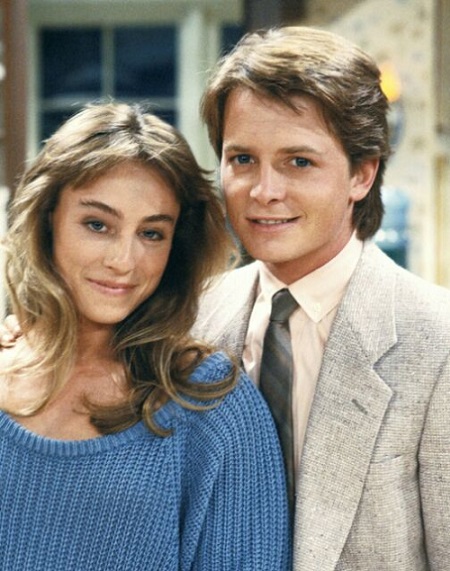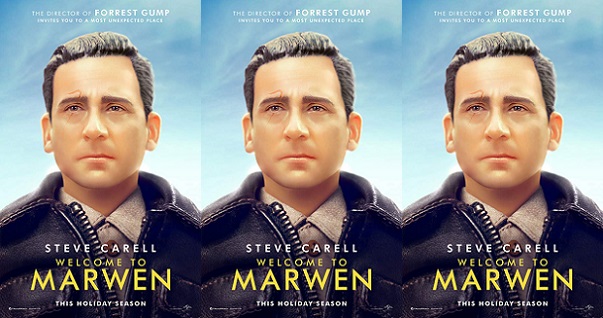Many will remember Michael J. Fox from the three movie series Back to the Future (1985), Back to the Future Part II (1989) and Back to the Future Part III (1990). Others may think back to Family Ties (1982-1989), Spin City (1996-2002) or The Good Wife (2009-2016). Still others will think of some parts of these, a diagnosis of Parkinson’s Disease for the Canadian actor, or the Michael J. Fox Foundation. The truth is that all of these are part of the journey for Michael J. Fox. Fox‘s book No Time Like the Future: An Optimist Considers Mortality touches on these and more.

Staying optimistic and focused on the positive is not giggles, rainbows and unicorns every day. Fox recounts facing numerous falls, surgeries, hospital stays, in home health care and plenty of setbacks to last even the strongest optimist a long time. Sharing the feelings of these in the moment and respectfully was a charm of No Time Like the Future.

Fox of course in not in his circumstances alone. Tracy Pollan, an actress Fox met on the set of Family Ties, remains perhaps the biggest advocate and cheerleader for the man who became her husband and father to their kids. In many ways the deeply personal story that Fox shares through anecdotes, recollections and reminiscing are made deeper and more meaningful in sharing the perspective of these two, the relationship they share, and the extended family that inhabits their space.

The stories Fox shares of gaining support from Pollan‘s father and the couples kids bring a smile of recognition in the support that is present in and for this family. The stories of advocacy through the Michael J. Fox Foundation, and the recognition that Fox could benefit from the services his own foundation could afford emotional, psychologically and through medical support felt real and revealing. The fact that there takes time to figure things out makes the story relatable and worth the read.

I enjoyed the mixture of a few extended stories combined with shorter anecdotes in telling the story that is No Time Like the Future: An Optimist Considers Mortality. That there is some time to delve into the impact of COVID-19 is legitimate, resonant and uplifting. With my rating of 4-stars on a scale of one-to-five, I am suggesting that you read this memoir.
Matt – Wednesday, February 3, 2021


 (Steve Carell as as Mark Hogancamp in the film Welcome to Marwen).
(Steve Carell as as Mark Hogancamp in the film Welcome to Marwen). (From left to right, Janelle Monáe as GI Julie, Leslie Zemeckis as Suzette, Leslie Mann as Nicol, Eiza González as Carlala, Merritt Wever as Roberta and Gwendoline Christie as Anna in the film Welcome to Marwen).
(From left to right, Janelle Monáe as GI Julie, Leslie Zemeckis as Suzette, Leslie Mann as Nicol, Eiza González as Carlala, Merritt Wever as Roberta and Gwendoline Christie as Anna in the film Welcome to Marwen). (Leslie Mann as Nicol, left, and Steve Carell as Mark Hogancamp & Cap’n Hogie in the film Welcome to Marwen).
(Leslie Mann as Nicol, left, and Steve Carell as Mark Hogancamp & Cap’n Hogie in the film Welcome to Marwen). (
(